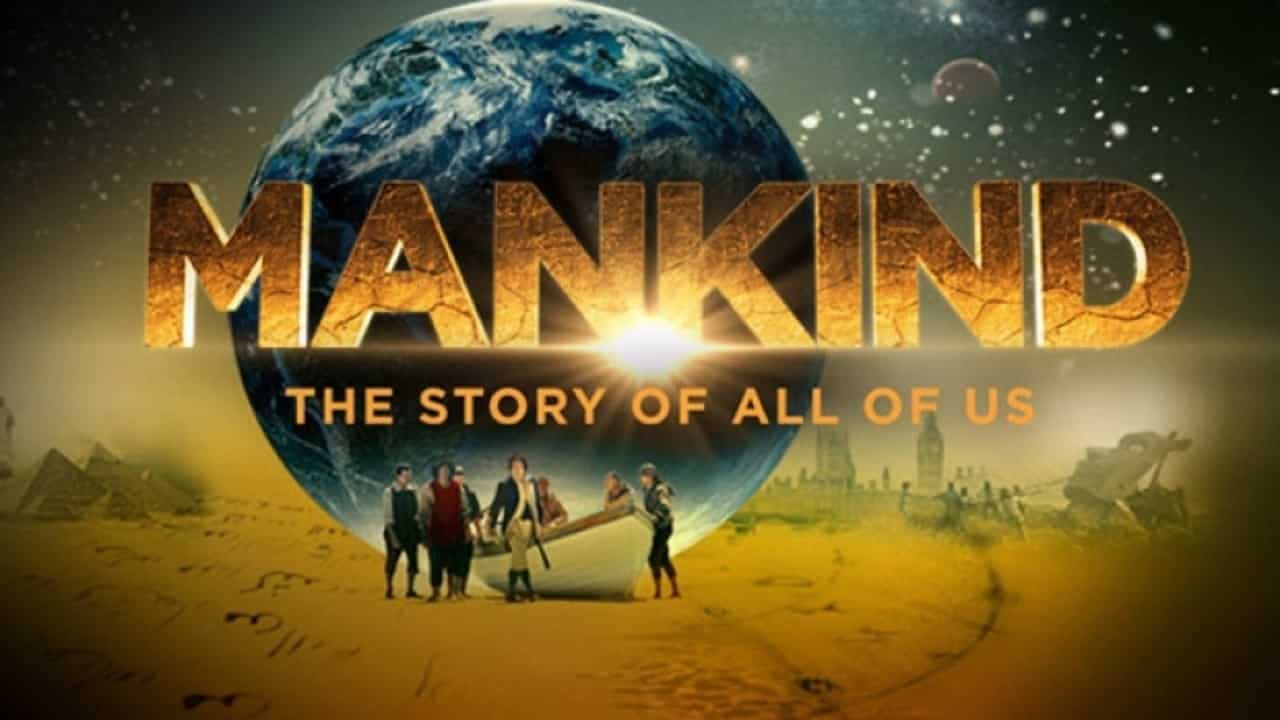Mankind: The Story of All of Us
Mankind: The Story of All of Us presents an ambitious timeline of human history, spanning from the dawn of civilization to the modern era. This comprehensive series unfolds across 12 episodes, each focusing on pivotal moments and developments that shaped our species.
The series begins by tracing humanity’s earliest steps, showcasing the invention of fire, the development of agriculture, and the construction of the first cities and pyramids. It highlights how these innovations allowed humans to become the dominant species on the planet. The narrative then progresses through the ages, covering the rise and fall of empires, the spread of religions, and the evolution of warfare.
Key historical events and figures feature prominently throughout the series. It depicts the crucifixion of Jesus and the subsequent spread of Christianity, the conquests of Genghis Khan, and the devastation wrought by the Black Death. The series also explores the Age of Exploration, including Christopher Columbus’s voyage to the Americas and its far-reaching consequences.
The Industrial Revolution forms a crucial part of the narrative, with the series illustrating how this period of rapid technological advancement transformed societies and economies worldwide. It also covers more recent history, including the American Civil War, World War II, and the Civil Rights Movement, bringing the story of humanity up to the present day.
Throughout its run, Mankind: The Story of All of Us emphasizes the interconnectedness of human history, showing how events in one part of the world often had profound effects elsewhere. It demonstrates how technological innovations, from the development of iron weapons to the printing press, reshaped societies and altered the course of history.
The series also touches on broader themes in human development, such as the growth of trade networks, the evolution of political systems, and humanity’s ongoing struggle against disease. It highlights both humanity’s achievements and its darker moments, providing a balanced view of our species’ journey through time.










